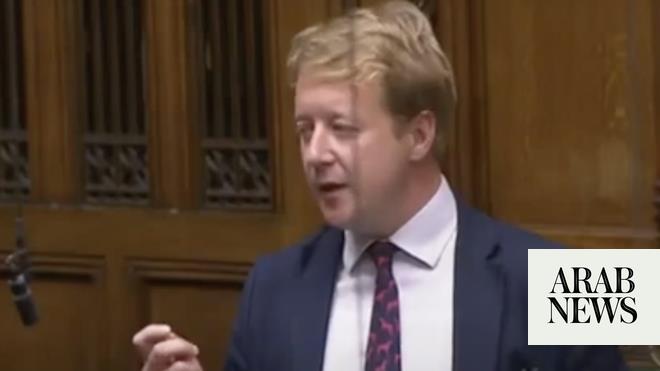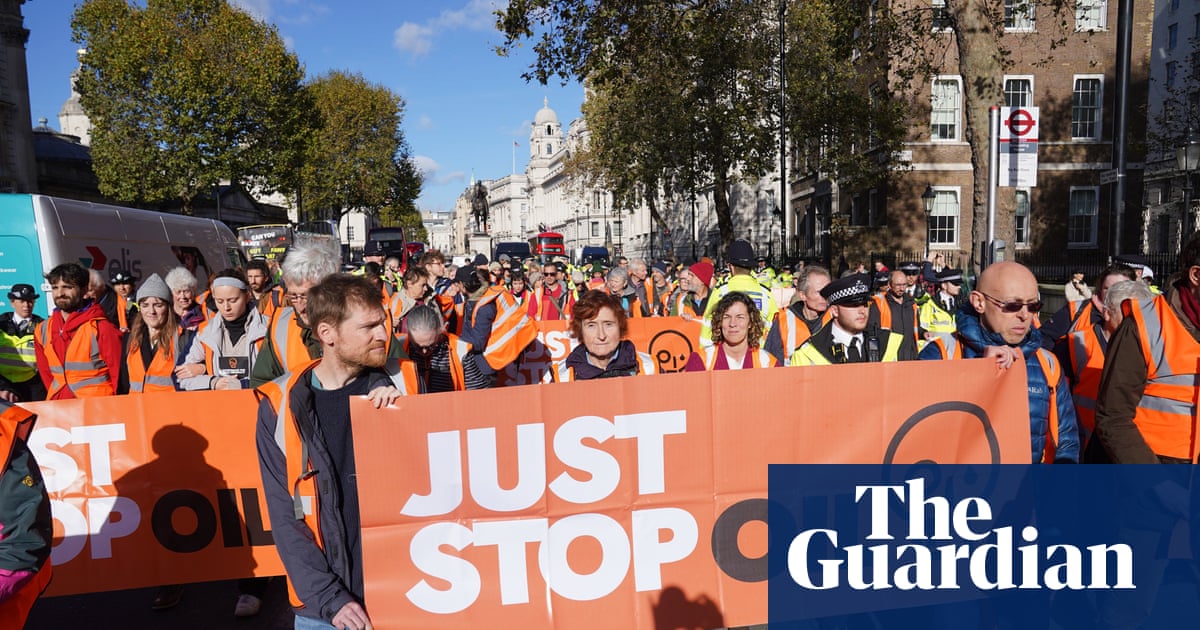
Regional UK museums could lead a wave of repatriations of disputed Benin bronzes – most of them looted by British forces in 1897 – in defiance of the British government’s stance that institutions should “retain and explain” contested artefacts.
On Thursday, the University of Aberdeen confirmed it would repatriate a bust of an Oba, or king of Benin, which it has had since the 1950s, “within weeks”, a landmark move for a British institution.
Neil Curtis, head of museums and special collections at the University of Aberdeen, said the decision was driven by ethical concerns over the item which – like most of the bronzes – originated from a punitive military campaign in 1897 when British forces sacked the city of Benin in south-east Nigeria, looting thousands of objects. “Our panel concluded that this was acquired as loot and therefore, we didn’t feel we had moral title,” Curtis said.
Several museums confirmed restitution could be on the table if claims were made by the Nigerian government or the royal court of Benin.
The Cambridge Museum of Archaeology and Anthropology, which has one of the largest British collections of bronzes, said if a claim were made the expectation was that works with an 1897 provenance would be returned. Bristol Museum and Art Gallery said it was “open to all possibilities” and actively working with Nigerian groups.
Others, including the Great North Museum in Newcastle upon Tyne and Royal Pavilions and Museum in Brighton were researching the origin of their bronzes before making any decision.
This week the German government announced it was negotiating the return of the Benin bronzes in its collections, with the new Humboldt Forum museum confirming it would not display bronzes when it opens later this year.
Historically, much of the focus in the UK has been on the British Museum because it has the largest collection of bronzes in the world, with more than 900 items. Bernie Grant, one of Britain’s first black MPs, led a sustained campaign in the 1990s appealing for the bronzes to be returned.
But the British Museum and other national institutions, such as the V&A, are prevented from permanently returning items by the British Museum Act 1963 and the Heritage Act 1983. Museums that sit outside the national portfolios, such as Aberdeen’s, can, in theory at least, return bronzes more easily.
The artist Victor Ehikhamenor, who is a trustee of the Legacy Restoration trust (LRT), a Nigerian organisation facilitating restitution, said that Germany and the University of Aberdeen had provided a “blueprint and pathway for institutions that have sincerely wanted to restitute the Benin bronzes in the past”. He added that institutions standing their “colonial ground of holding on to these looted artefacts”, were on borrowed time.
Earlier this year the culture secretary, Oliver Dowden, objected to “the removal of statues or other similar objects” and urged museums to “defend our culture and history from the noisy minority of activists constantly trying to do Britain down”.
There are hundreds of bronzes dotted around the UK, distributed from private collections and in some cases donated by soldiers who took part in the 1897 looting.
The Barber Institute of Fine Art in Birmingham has a bronze that once belonged to the US media tycoon William Randolph Hearst; the CMAA has more than 130 Benin items in its collection; while the Wilberforce House Museum in Hull has a Benin plaque that was split in two after it was damaged during the blitz.
Prof Dan Hicks, curator of world archaeology at the Pitt Rivers Museum, and author of The Brutish Museums: the Benin Bronzes, Colonial Violence and Cultural Restitution, said: “There’s a seismic shift in the expectations and questioning of museum-goers. People want to know where the art and culture they consume comes from. How it got here, and whether somebody somewhere wants it back.”
A statement by the Benin Dialogue group, which includes the British Museum and the LRT, and which is working on repatriation of bronzes before the opening of the Edo Museum of West African Arts in Benin, said: “Conversations are developing at a differing pace in the various countries for initiating permanent returns.”












